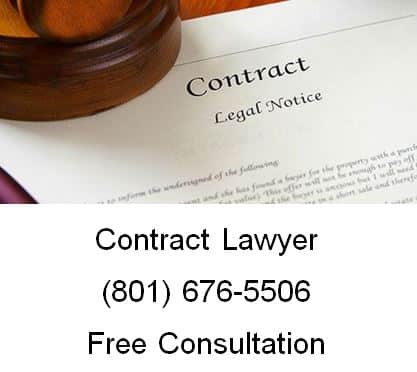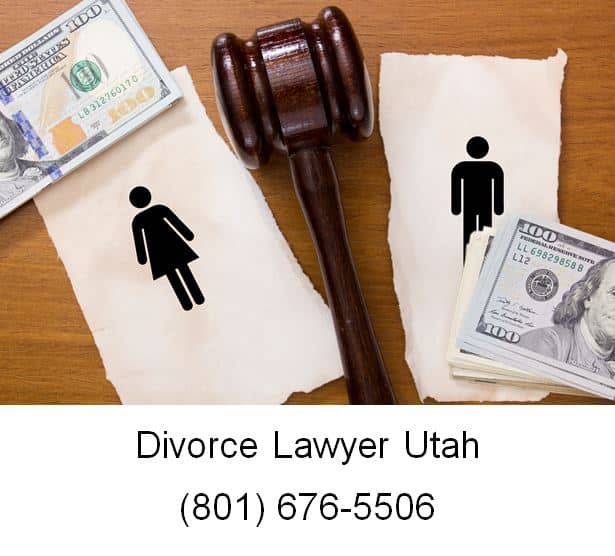Most contracts can be either written or oral and still be legally enforceable, but some agreements must be in writing in order to be binding, says a Utah Contract Lawyer. However, oral contracts are very difficult to enforce because there’s no clear record of the offer, consideration, and acceptance. Still, it’s important to understand which types of contracts absolutely must be written in order to be valid.
Contracts Required to be in Writing
Generally, the following types of contracts need to be executed in writing in order to be enforceable. Contracts in any of these categories entered into verbally are not automatically considered “void,” however. But they are considered “voidable” and may be either affirmed or rejected by either party at any time.
- Real estate sales;
- Agreements to pay someone else’s debts;
- Contracts that take longer than one year to complete;
- Real estate leases for longer than one year;
- Contracts for over a certain amount of money (depending on the state);
- Contracts that will last longer than the life of the party performing the contract; and
- A transfer of property at the death of the party performing the contract.
The Statute of Frauds
An English law from 1677, the “Statute of Frauds,” provides the basis for current written contract requirements. The goal of written contract rules remains the same as ever-to avoid fraud by requiring written proof of the underlying agreement. This legal goal makes sense as a practical objective as well, since disputes over high-staked verbal agreements typically would lack an objective record of the contractual terms. While state laws generally dictate the enforcement of contracts, all states besides New York and South Carolina have adopted the Uniform Commercial Code (UCC) that includes the statute of frauds.
For example, California statute conforming to the UCC explicitly states that contracts for the sale of goods costing more than $500 are not enforceable “unless there is some writing sufficient to indicate that a contract for sale has been made between the parties and signed by the party against whom enforcement is sought or by his or her authorized agent or broker.”
Why It’s Always Best to Get it in Writing
Although other types of contracts may be oral, it is advisable to “get it in writing” to insure both parties understand their obligations. If court enforcement is required, a written contract shows the parties’ obligations and avoids a “he said, she said” dispute. It is easier to check with an attorney prior to signing to see whether a contract is valid than it is to enforce a poorly-drafted agreement after problems arise. While breach of contract lawsuits can be costly to your business, so can unenforceable agreements you thought were cemented by contract law.
Free Consultation with a Utah Contract Lawyer
If you are here, you probably have a question about contracts. If so, call Ascent Law for your free consultation (801) 676-5506. We want to help you.
8833 S. Redwood Road, Suite C
West Jordan, Utah
84088 United States
Telephone: (801) 676-5506
Recent Posts
Estate Planning Forms and Tools
Employers and Harassment Claims
How to Get the Best Outcome in Divorce
Do I Have to Endure a Long Court Battle To Get Divorced?
Source: https://www.ascentlawfirm.com/what-contracts-are-required-to-be-in-writing/








